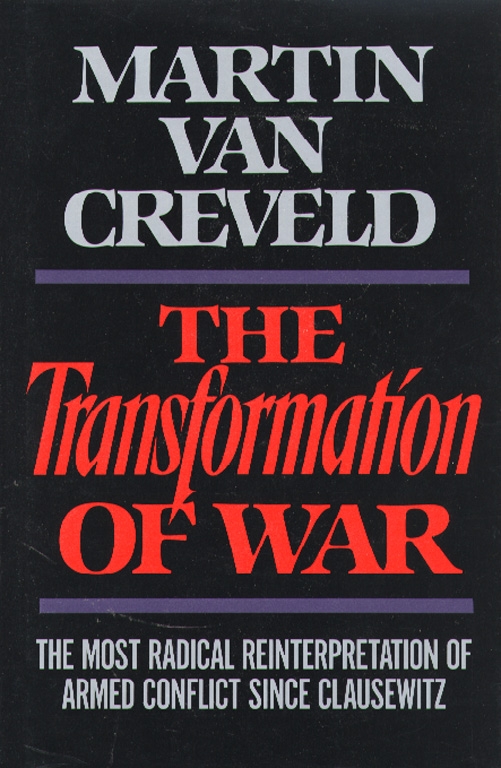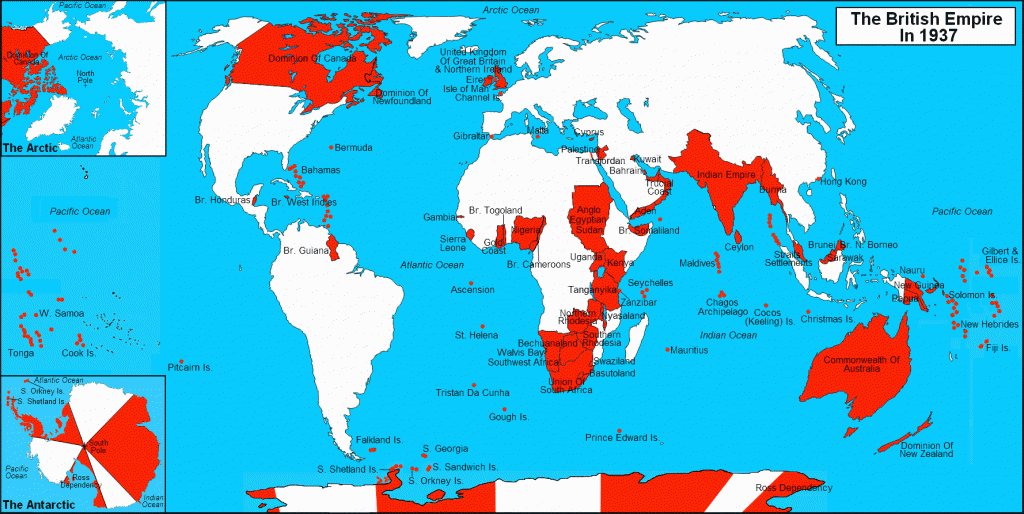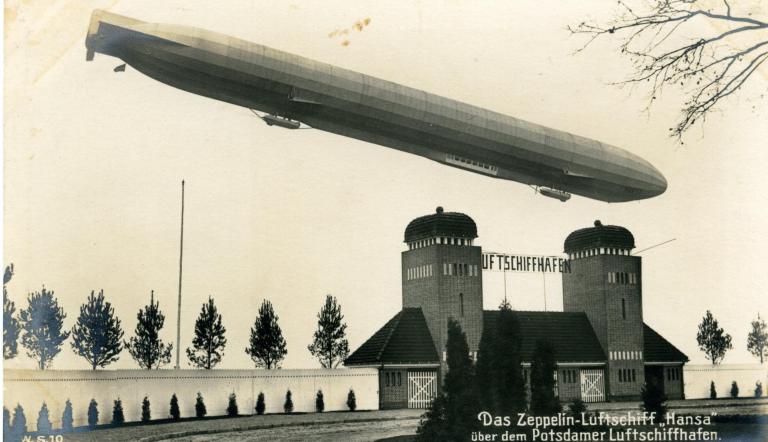
I am an old guy. Perhaps that is why a friend recently asked me what I see as my most important single message. In response I immediately pointed to The Transformation of War (1991), pp. 173-79.
I quote.
Danger is the raison d’etre of war, opposition its indispensable prerequisite; conversely unopposed killing does not count as fighting but as murder or, in case it takes place under legal auspices, as execution. The absence of opposition makes military strategy impossible and for an army to fight under such conditions would be both unnecessary and foolish. All this is to say that, be describing uncertainty as a characteristic of war, Clausewitz and his modern followers have put reality upside down. Uncertainty is not just the medium in which war moves and which helps govern the opponent’s moves; above all, it is a condition for the existence of armed conflict.
Where the outcome of a struggle is a foregone conclusion the fighting will tend to cease, as much because one side gives up as because the other gets bored. Throughout history, individuals and armies who felt that their situation was hopeless asked for quarter. The victors, so long as they remained in possession of their senses and were not carried away by such emotions as rage and the lust for revenge, usually accepted. Whatever unpleasantness followed later—and sometimes what did follow later was even more unpleasant than the war itself–was not considered part of the fighting but, to use the Roman phrase, retaliation. Such retaliation may be more or less necessary, more or less justifiable, more or less in accord with the prevailing war convention. Since the outcome is not in doubt, however, it does not involve the tension that constitutes the essence of fighting. Nor are those who engage in it or profit form it normally regarded as deserving special honors: on the contrary…
Here we are concerned with a situation where the relationship between strength and weakness is skewed; in other words, where one belligerent is much stronger than the other. Under such circumstances, the conduct of war can become problematic even as a matter of definition. Imagine a grown man who purposefully kills a small child, even such a one as came at him knife in hand; such a man is almost certain to stand trial and convicted, if not of murder than of some lesser crime. In the same way, legally speaking, the very existence of belligerence, war and fighting already implies that the opponents, even violence that is organized, purposeful, politically-motivated, and on a fairly large scale. However, usually the name such violence is given is not war but disturbance, uprising, or crime. They are accompanied by their opposite numbers, namely, repression, counterinsurgency, and police work…
A war waged by the weak against the strong is dangerous by definition. Therefore, as long as the differential in force is not such as to render the situation altogether hopeless, it presents few difficulties beyond the tactical question, how to inflict the maximum amount of damage without exposing oneself in open fighting. By contrast, a war waged by the strong against the weak sis problematic for that very reason. Given time, the fighting itself will cause the two sides to become more like each other, even to the point where opposites converge and change places. Weakness turns into strength, strength into weakness. The principal reason behind this phenomenon is that war presents perhaps the most imitative activity known to man. The whole secret of victory consists of trying to understand the enemy in order to outwit him. A mutual learning process ensues. Even as the struggle proceeds both sides adapt their tactical methods, the means that they employ and—most important of all—their morale to fit the opponent. Doing so, sooner or later the point will come where they are no longer distinguishable.
A small, weak force confronting a large, strong one will need very high fighting spirit to make up for its deficiencies in other fields. Still, since survival itself counts as no mean feat, that fighting spirit will feed on every victory, however minor. Conversely, a strong force fighting a weak one for any length of time is almost certain to suffer from a drop in morale, the reason being that nothing is more futile than a string of victories forever repeated. Conscious of the problem, such armies often sought to compensate the troops by providing them with creature comforts; one is reminded of the iced beer that was helicoptered to American units operating in the Vietnamese jungle and, a more absurd example still, the mobile banks that accompanied the Israelis into Lebanon. However, over the long run no amount of pampering can make up for the fact that fighting the weak demeans those who engage in it and therefore undermines its own purpose. He who loses out to the weak loses; he who triumphs over the weak also loses. In such an enterprise there can be neither profit nor honor. Provided only the exercise is repeated often enough, as surely as night follows day the point will come when enterprise collapses.
Another very important reason why, over time, the strong and the weak will come to resemble each other even to the point of changing places is rooted in the different ethical circumstances under which they operate. Necessity known no bounds; hence he who is weak can afford to go to the greatest lengths, resort to the most underhand means, and commit every kind of atrocity without compromising his political support and, much more important still, his own moral principles. Conversely, almost anything that the strong does or does not do is, in one sense, unnecessary and therefore cruel. For him, the only road to salvation is to win quickly in order to escape the worst consequences of his own cruelty; swift, ruthless brutality may well prove more merciful than prolonged restrained. A terrible end is better than endless terror and is certainly more effective…[Thus] the question of right and wrong itself turns out to depend in large part on the balance of forces… a good war, like a good game, almost by definition is one fought against forces that are at least as strong as, or preferably stronger than, oneself.
Troops who do not believe their cause to be good will end up by refusing to fight. Since fighting the weak is sordid by definition, over time the effect of such a struggle is to put the strong into an intolerable position. Constantly provoked, they are damned if they do and damned if they do not. Should they fail to respond to persistent provocation, then their morale will probably break down, passive waiting being the most difficult game of all to play. Should they hit back, then the opponent’s very weakness means that they will descend into cruelty and, since most people are not cut out to be sadists for very long, end up hating themselves. Self-hatred will easily lead to disintegration, mutiny and surrender. People will burn their daft cards, flee the country, go to prison, even “frag” their own officers or commit suicide, anything to avoid the indignity that fighting the weak implies. Nor is the fate of those who do fight much better; returning from the “battlefield,” they will find themselves treated as outcasts rather than as heroes. The results are inevitable. Often, as in Vietnam, to evacuate the field will be the only alternative to complete defeat.
Since the very act of fighting the weak invites excess, in fact is excess, it obliges the strong to impose controls in the form of laws, regulations, and rules of engagement. For example, Westmoreland’s own headquarters drew up rules of engagement regarding tactical air strikes, artillery strikes, and ground fire that were issued to the troops upon their arrival in the country and updated every six months. Operating in complex terrain, Israeli troops combating the intifada (first Palestinian Uprising] have been subjected to even more complicated regulations. Arms may not be used except by explicit order under certain circumstances and against certain kinds of targets. Standing orders determine who may be hit, at what distance, and by what kind of bullets; theoretically, to react to a Molotov cocktail thrown at one it is first necessary to open the book and consult the relevant paragraph. The net effect of such regulations is to demoralize the troops who are prevented from operating freely and using their initiative. They are contrary to sound command practice if they are observed and subversive of discipline if they are not. Hence the truth of Clausewitz’s dictum, plainly observable in every low-intensity [today we would say, asymmetric] conflict fought since World War II, that regular forces combating a Volkskrieg are like robots to men.
A sword, plunged into salt water, will rust. How long it will take to do so depends on circumstances. A professional force, isolated from the rest of society, carefully trained and habituated to fighting as its lifeblood, will probably stand up better than one that is made up of conscripts, particularly if the conscripts are changed every twelve months. Discipline, itself an attribute of professionalism, counts for a lot. Control over the sources of information, both internal and external, may also be useful up to a point. By carefully managing the news and exercising selective censorship it is possible to prevent the worst atrocities—to repeat, almost anything committed by the strong against the weak counts as an atrocity—from reaching the public at home. The time when that public will turn against the war and those responsible for it can be postponed, though not indefinitely. In the long run such controls will prove counterproductive as troops, civilians and neutrals cease to believe what they are told. At that point, either they look for alternative information or start inventing it.
Perhaps the most important quality that a strong force engaged a weaker one needs is self-control; and indeed the ability to withstand provocation without losing one’s head, without overreacting and thereby playing into the enemy’s hands, is itself the best possible measure of self-control. There must be a voluntary weakening, even disarming, of one’s own forces in order to meet the opponent on approximately equal terms, much as the sporting fisherman uses rod and hook rather than relying on dynamite. A good case in point is provided by the British who have been fighting and taking casualties in Northern Ireland for the last twenty years. Now the war against the Irish Republican Army is very hard on the British troops and has not been without occasional excesses. Still, strict discipline and careful training—the characteristics of professionalism par excellence—have enabled the Royal Army to hold out quite well. Never at any point has it engaged in indiscriminate violence or meted out collective punishments, nor has it brought in heavy weapons. As a result, it has not alienated the bulk of the population. Since they are operating in a country that in one way or another has been experiencing trouble for the last eight centuries, the British may not be able to win, but at any rate they need not lose.
Where iron self-control is lacking, a strong force made to confront the weak for any length of time will violate its own regulations and commit crimes, some inadvertent and others not. Forced to lie in order to conceal its crimes, it will find the system of military justice undermined, the process of command distorted, and a credibility gap opening up at its feet. In such a process there are neither heroes nor villains, but only victims; whom the gods want to destroy, they first strike blind. So difficult to counteract are the processes just described that those caught in them may well never recover. In the end, the only way to revive a country’s ability to wage war may be to tear down the existing armed forces and set up new ones in their stead, which in turn will probably require a political revolution of some kind.
An army that has suffered defeat at the hands of the strong may nourish its wounds and wait for another opportunity. This is what the Prussians did after 1806, the French after 1871, and the Germans after 1918. However, once a force has been vanquished by the weak it will grow timid and wary of repeating its experience; and it will forever look for reasons not to fight again. Confronted by a real enemy—one who is as strong as, or stronger than, itself—a force accustomed to “fighting” the weak is almost certain to break and run, as the Argentinian Army did in the Falklands. Thus it is probably no exaggeration to say that, until the [1990-1] Gulf Crisis finally presented them with an opportunity that was too good to miss, the U.S forces till had not put Vietnam behind them. Meanwhile whether the armed forces of the Soviet State—following their failure in Afghanistan—will ever be able to fight another war outside their own borders is also doubtful. For the moment, it looks as if they are going to have their hands full trying to prevent their own society from disintegrating.
We have been dealing with “squishy” factors such as good and evil because, far from being divorced form warfare, ethics constitute its central core. On the whole, the relationship between strength and weakness and the moral dilemmas to which it gives rise probably represents the best available explanation why, over the last few decades, modern armies on both sides of the ex-Iron Curtain have been so singularly ineffective combating low-intensity conflict. After all colonial rebellions definition were the province of the downtrodden and the weak. Often the insurgents were scarcely considered human, being called by such names as gook (Vietnam), kafir (Rhodesia), or Arabush (Israel). Conversely, low-intensity conflict may well be regarded as the coming revenge of these people. Refusing to play the game according to the rules that “civilized” countries have established for their own convenience, they have developed their own form of war and began exporting it. Since the rules exist mainly in the mind, once broken they will not easily be restored. Though hardly a day passes anywhere in the world without some act of terrorism taking place, it appears that the process has only just begun, and the prospects for combating or even containing it are bleak.










